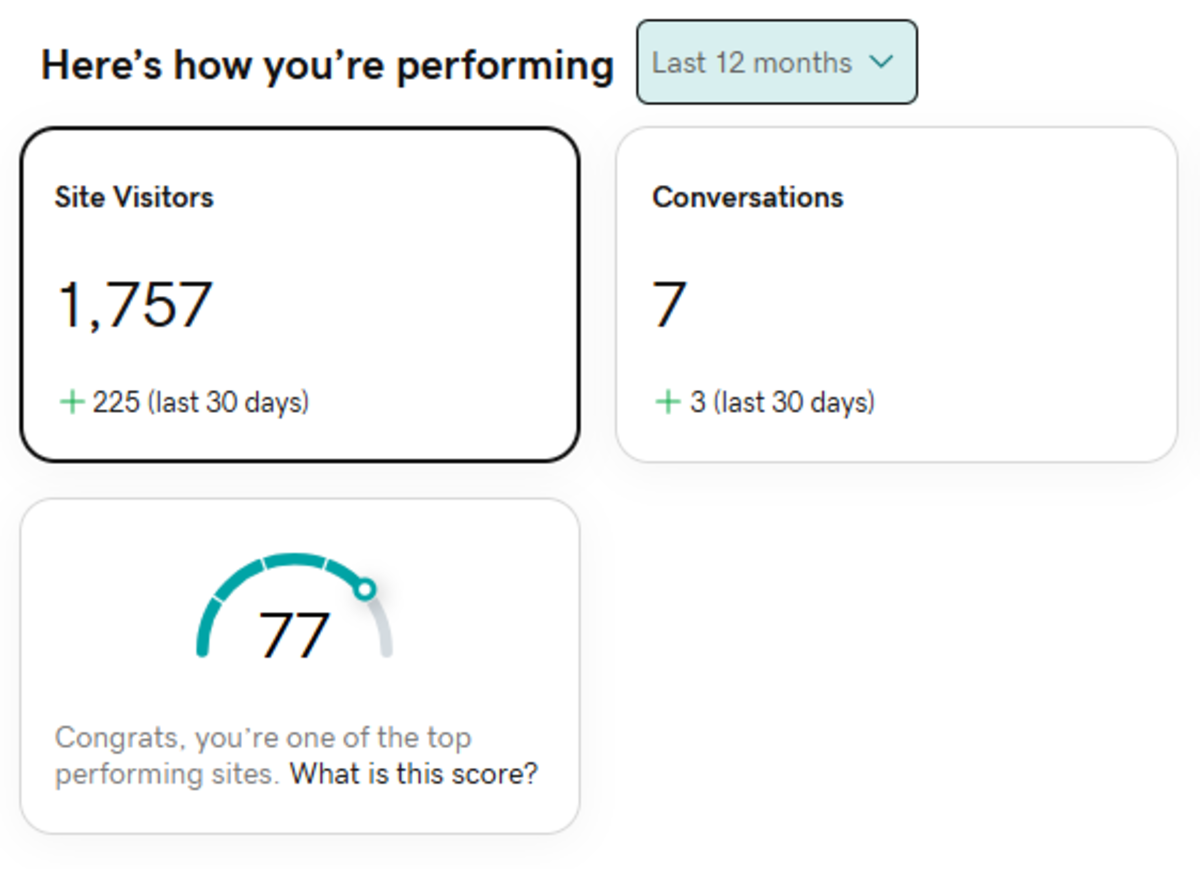How Does Green Web Hosting Work?
Global warming is here, and it is already felt in the changes in weather and many other more disastrous events. It would take a lot of effort to fight global warming, especially when there is a lot of energy being used by the thousands of web hosting sites that exist today. Fortunately, many of these web hosting sites are starting to address the problem by going green. However, proclaiming that they are advocates of a greener lifestyle is not the same as actually doing it.
An Environmentalist’s Dilemma
Today, almost everyone has a website hosted online. This involves even environmentalists who want to show everyone their concern for the environment through a website filled with information on how to save the dying planet. That seems counterproductive when you think about it, with the hosting being one of the main reasons why the earth is suffering from too much greenhouse gases. Yes, web hosting does affect the environment, and with many web hosting sites appearing every year and many people using their services for various reasons, they are quickly becoming a threat. Of course the easy solution is to stop using their services, but how will you have your site up then? Today, having a website is important for businesses, and that cannot be denied. However, there is a way for you to continue enjoying the benefits of a hosted website without having to feel guilty about your carbon footprint ballooning. The new trend in web hosting sites is going green, and that can give you the peace of mind to continue doing what you are doing without harming the planet.
The Solution: Green Web Hosting
Green web hosting is the move that many web hosting sites have taken recently, and for good measure. These green web hosting sites advertise themselves to be decreasing their carbon footprint and even helping reduce carbon in the atmosphere. While not all of those who have a certificate on their site may actually be contributing, many of the biggest names when it comes to web hosting have already done the switch for the peace of mind of their users. But whether or not they actually contribute to reducing carbon footprint is up to the wise user to decide. It is not enough to go with a hosting that promises to be green; you have to make sure that they are not just using words and your concern for the environment to get more customers.
How Does Hosting Become “Green”?
Green web hosting involves changes on the part of the hosting services. Ideally, if a web hosting claims to have gone green, this means they have updated their servers so that they are using energy-efficient utilities as much as possible. For a web hosting to be considered green, they could be doing one or more of the following:
- They reduce the energy being consumed from non-renewable sources of energy by going for “energy star” rated equipment.
- They use solar, wind, and hydro power in order to lessen their carbon footprint.
- They are buying into Renewable Energy Certificates (REC) as their way of helping the earth remain a habitable place.
- They have their headquarters surrounded in greenery.
The way in which a web hosting company decides to go green may differ, and those that are really concerned about the environment would do everything they can to help. This means not relying on just energy-efficient equipment if they can also buy RECs that help fund projects to plant more trees in order to reduce greenhouse gases. Ultimately, everyone is affected by the dangers of global warming, and a responsible web hosting would want to undo as much damage as they can. Unfortunately, not all green web hosting companies think this way.
How to Choose the Right Green Web Hosting
The contributions of web hosting sites in going green are not equal, and with this in mind, you have to choose the one that is most suitable for your needs. If you really want to help reduce the carbon footprint of the world, you need to choose the right hosting site. Here are some pointers to remember:
- Verify the authenticity of their certificates. Going green on web hosting is often advertised by certificates on their site, but unfortunately, not all of these certificates can be trusted. Some can be bought by anyone, so a web hosting site can easily slap one on their site and claim that they are going green even without any effort put into it. You have to look for the certificates that really matter—these are the ones that look into the efforts of the company before awarding them with the certificate they can brag about in their website.
- Read their policies on going green. As mentioned earlier, not all web hosting sites go green using the same methods. Their contributions to the reduction of the world’s carbon footprint vary with their efforts. If you want to know how invested a company is in protecting Earth, all you have to do is look into their policies. It would require some reading on your part, but at least you will have the peace of mind knowing that the company you’re choosing does care for the planet and are doing everything they can to help save it.
- Don’t be swept away by good advertising. It is so easy to say that their hosting company is going green, but whether or not they are actually doing it is a different thing. Unfortunately, many clients don’t care about the truth behind their advertisement to go green and would just happily pick any hosting site as long as it says it’s going green. You have to be wise enough to validate the things that they are doing before you give your money to them. There are many out there that are really doing their share, and choosing something that isn’t would harm the planet more than help it.
- Try to look for pictures of their headquarters. A lot can be said about a hosting company through its headquarters. It’s already a plus point if they are located somewhere where there are a lot of trees, especially if they have planted the trees themselves, but it’s even better if you do see the equipment they use to be energy efficient. Some brands and models have the “energy star” rating, so watch out for those when checking out their pictures. If you can see some solar panels or wind turbines, that would even be better.
Should Choosing Green Cost You More?
With all this talk about green web hosting, a person is bound to ask “Will it cost me more?” The answer is no. Or, at least, it shouldn’t cost you a lot more. Technically, the easiest thing for web hosting companies to do to reduce their carbon footprint is to change to more energy efficient equipment, which means that they will be saving a lot on energy. However, there is cost required in that change, and there is also cost when buying RECs. These costs could be the reason they are asking you to pay more, but in the long run, they are actually saving, so asking for an increase in payment isn’t really necessary. Again, it will depend on the strategies they are using, and if you want to know if you should be paying more, simply look at their policies on going green. If you are satisfied with their efforts, paying a little extra for the benefit of the environment won’t hurt you. However, going green shouldn’t really be costing you more money.
With the existence of green web hosting providers, it is up to you to choose the right one. Always keep in mind that proclaiming to be a green web host provider is not the same as actually going green, and if you’re not sure on which one to pick, just turn to the trusted names in web hosting. They have their name to lose, so they will do their best to be as green as they claim to be.








